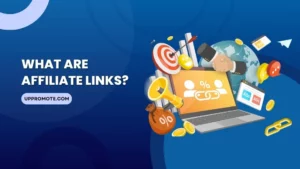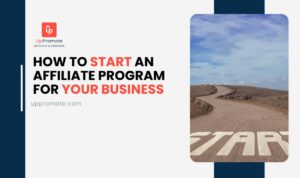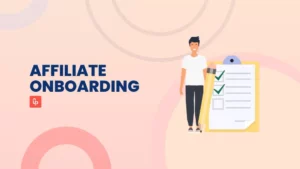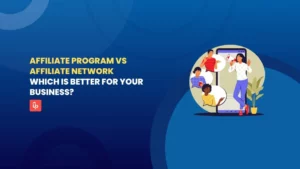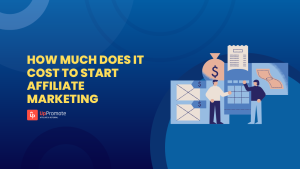Social media for affiliate marketing is all about leverage. You exploit the industry’s unimaginable reach and people’s innate desire to connect to advance your affiliate marketing aims.
Social media programs or platforms comprise a thriving $392.18 billion industry. Experts say this market will grow to $2.283 trillion by 2028. But it’s not only the market’s value that’s growing. Its user size is also increasing. Only 2.7 billion people were on social media in 2017. By 2027, experts predict users will be 5.85 billion.
That’s an impressive market! But which platform should you use? Read on.
115,000+ users worldwide have used UpPromote to start affiliate marketing. Now is your turn.
Social Media for Affiliate Marketing: 7 Popular Platforms Use
YouTube
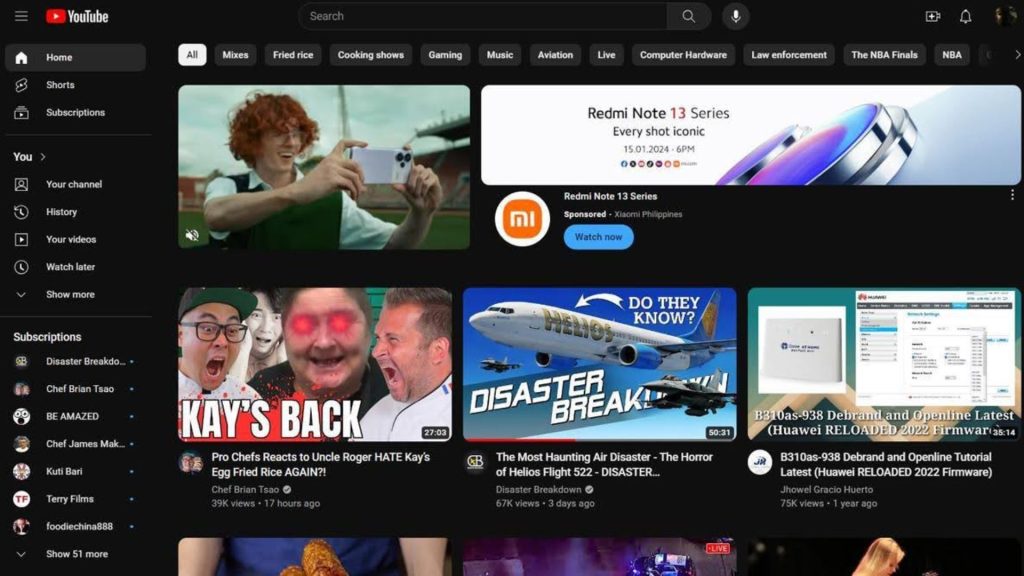
Did you know nearly two of five affiliate marketers leverage YouTube’s impressive video-sharing technologies to reach 2.5 billion monthly active users (MAU) globally?
YouTube is perfect for your promotional campaigns. You will be happy to know that seven of ten viewers consider YouTube videos instrumental in buying decisions.
If you produce a stunning and relatable video, you increase the likelihood of viewers clicking on links to high-quality affiliate products.
YouTube can be an excellent platform for email marketing. You could embed lead magnets, cards, and annotations into your videos. These tools can help build an email list. It empowers you to increase conversion rates by leveraging viewers’ interest.
You can produce highly effective tutorials or how-to videos to help viewers repair broken items, operate a product, achieve an objective, or solve an issue.
Some affiliates use the platform to share the joys and excitement of using a product for the very first time. Buying guides, product comparisons, and testimonials are superb YouTube affiliate content.
So, if you’re an aspiring film wiz, YouTube is perfect.
- Recommended Niche(s): Food, gaming, music, beauty, entertainment, fashion, travel, technology
TikTok
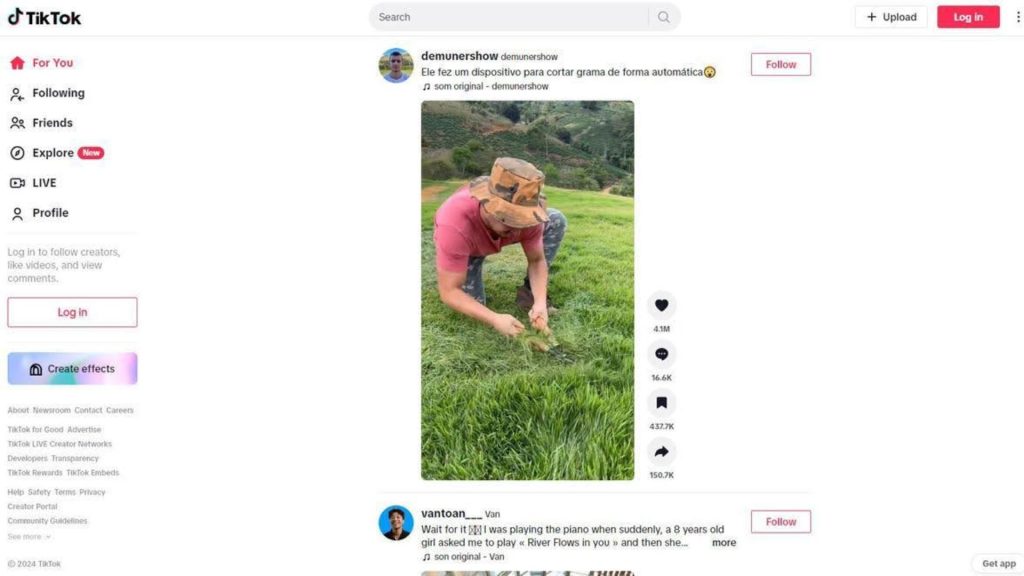
Here’s another social media platform worth leveraging to make money on affiliate marketing programs.
TikTok has over 1.7 billion users, a 390 percent jump from its 2018 figures. Experts say this social platform will reach 2.13 billion next year.
Although TikTok started as a popular platform for trending dances and user-initiated challenges, it’s now a favorite of three in ten affiliates.
Unfortunately, TikTok prohibits embedding affiliate links in videos.
So, how do affiliates find success on this platform?
You could create a TikTok business account. You can embed links to your bio. When visitors click these links, they visit your product page or affiliate website. You could also send them to your email address.
Second, generate as many snappy and trending vertical video content on TikTok to boost your loyal followers to at least a thousand. This strategy has the same advantages as creating a TikTok Business account.
Third, create TikTok videos where you can dictate affiliate link URLs or coupon codes to viewers. Alternatively, you could post unclickable links in the comments or video description. TikTok won’t punish you as long as viewer action (clicks) doesn’t lead to opening another website.
- Recommended Niche(s): Home security, luxury travel, food, beauty, nutrition, travel, sports
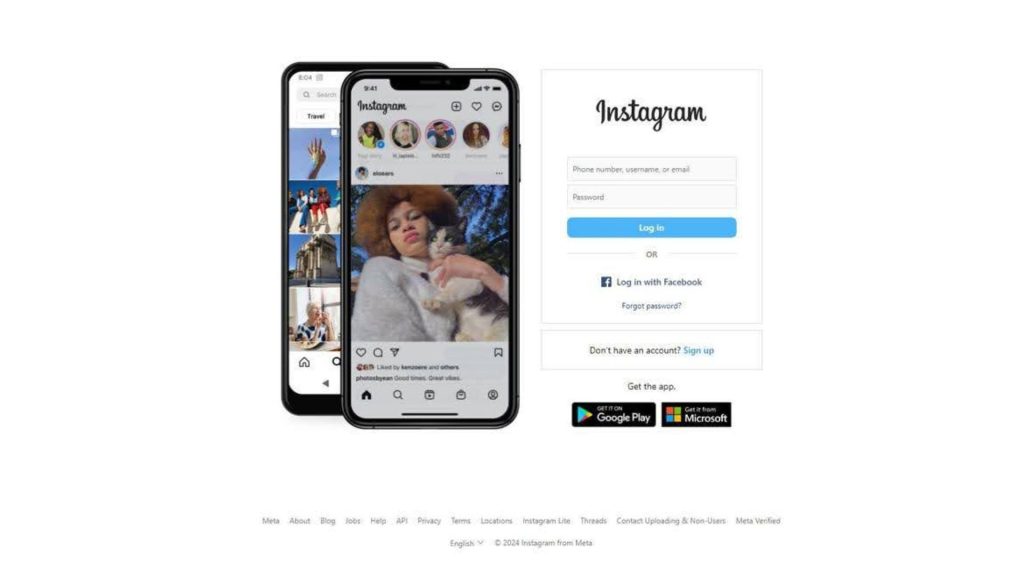
Becoming a social media influencer or affiliate on Instagram is rewarding. You can leverage this platform’s two billion global users to ensure more successful affiliate marketing campaigns.
Instagram has nearly identical perks as Facebook. After all, both social media channels belong to Meta.
Starting an Instagram affiliate marketing campaign requires signing up with a Creator or Business account. This step is crucial because it establishes credibility and trustworthiness among audiences.
Pick affiliate programs to join. Most affiliates on Instagram choose travel, beauty, health & fitness, fashion, and food niches. Ideally, you will want highly visual products.
The platform’s organic reach is superb. You will never fret about paid ads to drive potential customers to your affiliate website. You can also unleash your creativity with Instagram’s multiple content formats.
For example, you could livestream or post videos. If you’re more of the image type, Carousels, Stories, single-image posts, and Reels should be right up the alley.
Sadly, you cannot embed links into your posts. The good news? You can transform these elements into clickable buttons and add them to your IG Stories.
- Recommended Niche(s): Health & fitness, beauty, travel, food, fashion
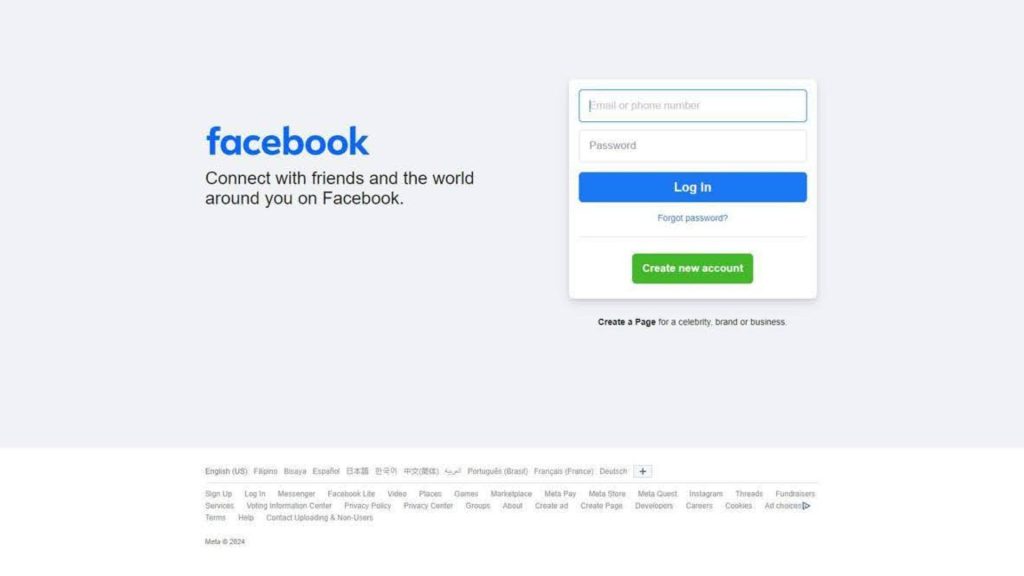
As mentioned, Facebook and Instagram belong to the same parent organization. Hence, their social media marketing guidelines should be similar.
Not quite.
Facebook recognizes affiliate marketing efforts, allowing affiliates to post links on comments and other elements. However, the platform dislikes spammy posts. Hence, flooding your social media posts with links and nonsense materials could earn Facebook’s wrath.
Over three billion people flock to Facebook monthly. It’s a favorite of three in four affiliates. Although it ditched its built-in analytics tools in 2021, affiliates now have Meta Business Suite to track their pages and posts’ performance.
Affiliates create niche-related Facebook Groups to create a closely-knit community of like-minded FB users. This trick empowers affiliates to advance their marketing messages. They know members have the same interests or passions as theirs.
However, engagement is crucial. You don’t want the group to be an all-out front for affiliate promotion. Asking a question should get the ball rolling. It should set you up for sharing a solution. That’s how you drive audiences to your product site.
- Recommended Niche(s): Pets, baby products, fashion, beauty, houseware, health & fitness, fashion, arts & crafts
Twitter (X)
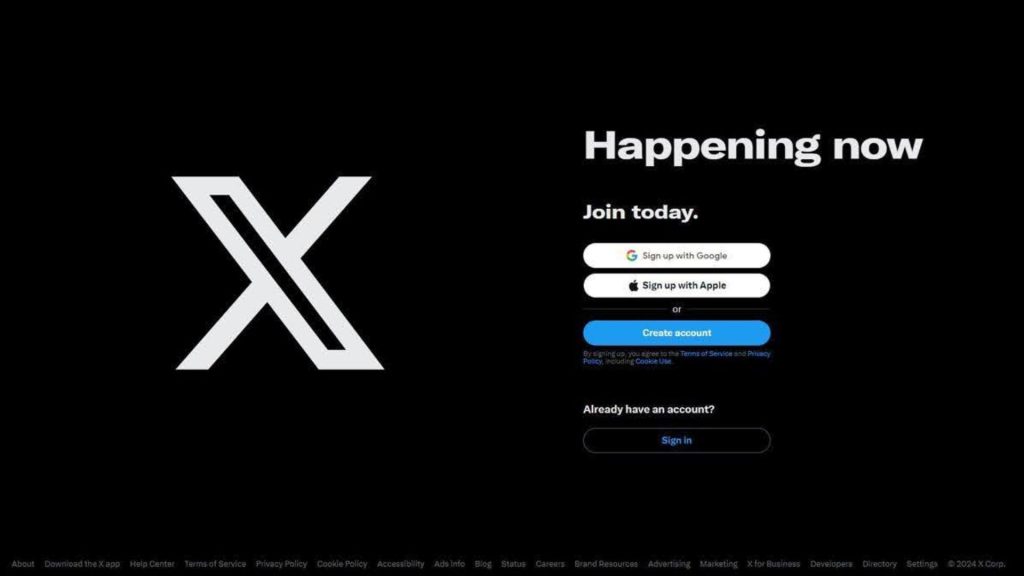
Elon Musk’s platform-shaking changes might have angered some Twitter (now X) users. In 2022, Twitter has nearly 370 million users. That number dwindled to about 354 million last year.
However, X remains one of the most significant social media channels.
Twitter users are some of the most active or engaged in the social media world. They comment, like, and retweet almost any tweet popping up on their feeds.
Potential affiliates can leverage this high engagement rate to deliver lead-generating and sales-driving messages. The platform has analytics to empower affiliates to monitor their campaigns.
You can also post links in your tweets. Generating commissions should be a breeze.
There’s a catch!
Although Twitter is an excellent micro-blogging channel, affiliates must be uber-creative. You only have 280 characters per tweet to deliver a compelling message. You can create trending hashtags to magnetize other Twitter users to your account.
Alternatively, you can join Twitter Blue to increase the character limit to 4,000. That should be enough to write a blog. The only issue is this Twitter service comes at a price.
Still, Twitter remains a popular social media for affiliate marketing.
- Recommended Niche(s): Technology, consumer electronics, personal development, health & fitness, food, travel
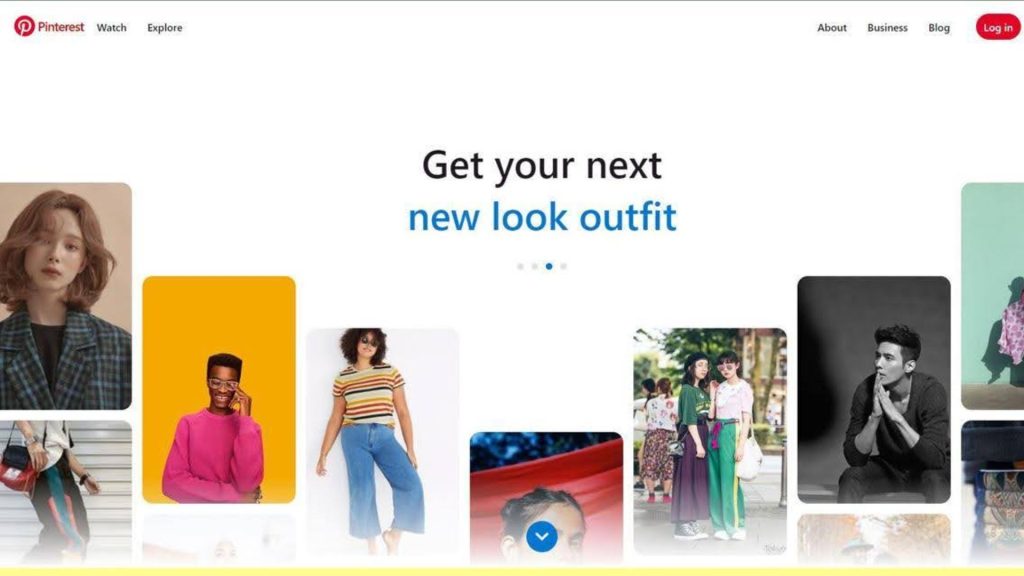
Pinterest is another credible social media affiliate marketing platform. It’s perfect for fashion, arts & crafts, home improvement, food, and beauty niches. After all, over 76% of the channel’s 482 million users are female.
Like many social media programs, Pinterest features stunning visuals. However, the platform’s content are pins. You might want to modify your content strategy to accommodate these elements.
The good news is pins are creatives you can embed with affiliate product links. Some Pinners add two links on their pins to drive traffic and ensure the success of their affiliate marketing strategy.
You might want to know that not many affiliates use this platform. That’s great news! It increases your chances of earning more, provided you focus on engaging other Pinners.
Did you know Pinterest has a search engine function? You can leverage it to drive more traffic to your affiliate website. After all, other Pinners might be interested in your offerings.
- Recommended Niche(s): Home improvement, DIY, arts & crafts, fashion, beauty
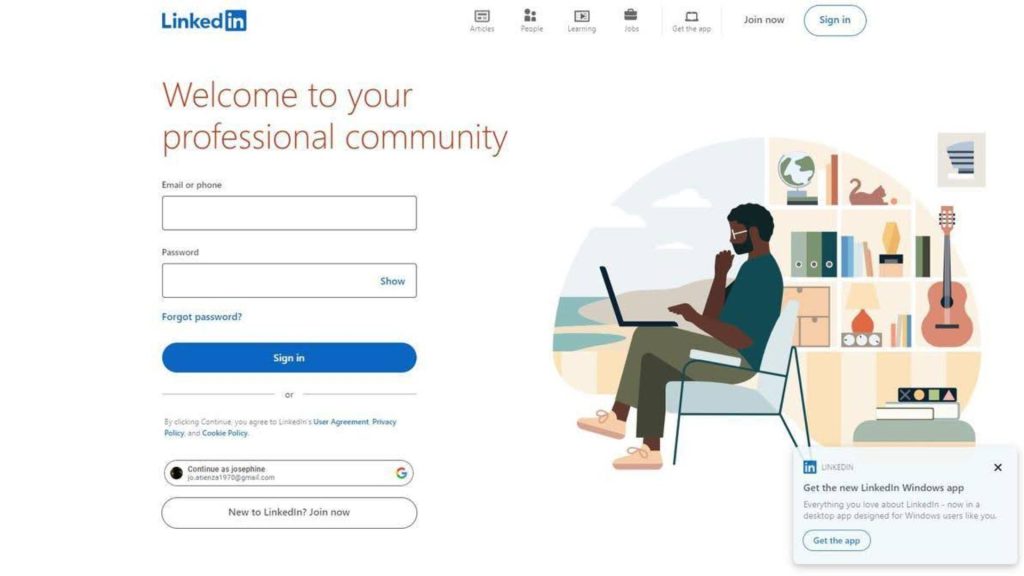
Although LinkedIn has over a billion users worldwide, its affiliate usage isn’t as robust as Facebook, YouTube, and other social media platforms for affiliate marketing.
That doesn’t mean this channel isn’t suitable for affiliates. It only shows many online marketers don’t recognize LinkedIn’s value in driving affiliate sales. That’s your opportunity.
LinkedIn is an online platform for professionals. Their views are more structured than Facebook and TikTok users.
And get this.
Nearly 70 million businesses have LinkedIn profiles. This figure suggests that your audiences are decision-makers. You could promote a big-ticket item, and these industry bigwigs won’t have issues grabbing your offer.
LinkedIn isn’t as enticing as Facebook, Instagram, or YouTube. However, its well-defined and highly specific audience is more receptive to high-quality, targeted digital marketing.
This platform is also affiliate-friendlier than others. You can share promotional links, discount codes, and affiliate products on your messages, posts, ads, and updates. However, LinkedIn expects these affiliate-related elements not to exceed 20% of the content.
- Recommended Niche(s): Self-improvement, health & fitness, dating & relationships, career & learning
How Affiliate Marketing on Social Media Works
Social media for affiliate marketing isn’t different from blog- or website-based affiliate marketing. You still promote affiliate products or services to audiences. Promo codes and discounts make excellent offerings.
You will need compelling content to get audiences interested. Embedding links into your content gives audiences access to product or affiliate websites when they click on them. Referrals performing a desired action allow you to earn a commission.
Growing an audience or follower base is vital. Unfortunately, creating high-quality content is not enough. You must engage them. They must feel you genuinely care for their needs and interests. After all, that’s what “social” in “social media” stands for.
The more engaged you are with your followers, the more receptive they become to suggestions or recommendations. You can rely on relationships formed to advance your marketing and sales strategy.
Benefits of Using Social Media for Affiliate Marketing
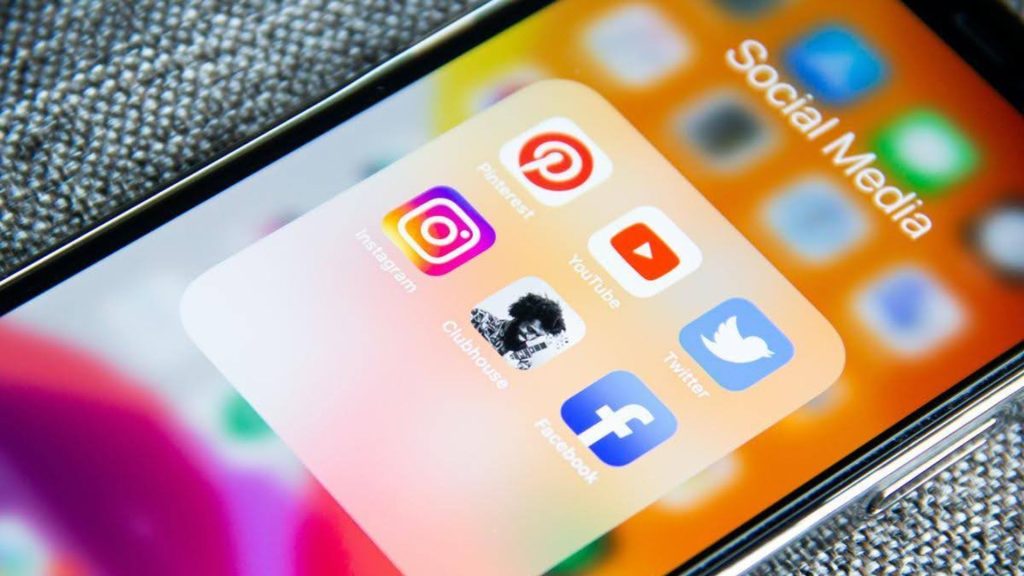
Using a social media platform for affiliate marketing offers many benefits and advantages.
First, you will leverage a massive audience. In 2023, nearly 4.9 billion people worldwide are on social media. That’s about three in five people.
But that’s not all! Statista expects global social media usage to balloon to 5.85 billion by 2027. That’s more than twice the 2017 numbers.
Imagine the number of loyal customers you could create to ensure affiliate success. That is if you observe the dos and don’ts of social media marketing and adhere to platform-specific guidelines.
Second, your audiences are more engaged than those on websites or blogs.
Did you know the average social media user spends 84 minutes on their favorite platforms daily? Nearly one in two Americans watch more social media videos than TV shows and streaming movies.
This period is your engagement window. You could interact with online social media users and build credibility by answering or commenting on their posts.
Engaging them on these platforms should increase your lead-generation performance. These leads can become sales if you are more persuasive in your engagement.
Third, social media allows you to drive more traffic to affiliate or product websites. You will be happy to learn that three in four people buy a product recommended or advertised on social media. Although only 11% buy promoted products immediately, 44% follow later.
These figures underscore social media’s power for driving traffic and generating sales. That’s why affiliates must produce compelling and stunning visuals to entice social media users to buy.
Fourth, affiliate marketing on social media platforms doesn’t require any fee. You will never worry about building, managing, and hosting a website. You won’t buy cyber security solutions because the social channel has built-in security measures.
Lastly, building and growing a follower base should be easy, even without paid ads. You only need to zero in on the right market segment or niche and create compelling, highly-valuable content. Please don’t forget to engage followers to establish and reinforce your trustworthiness and credibility.
Criteria to Consider When Selecting Social Media Platforms for Affiliate Marketing
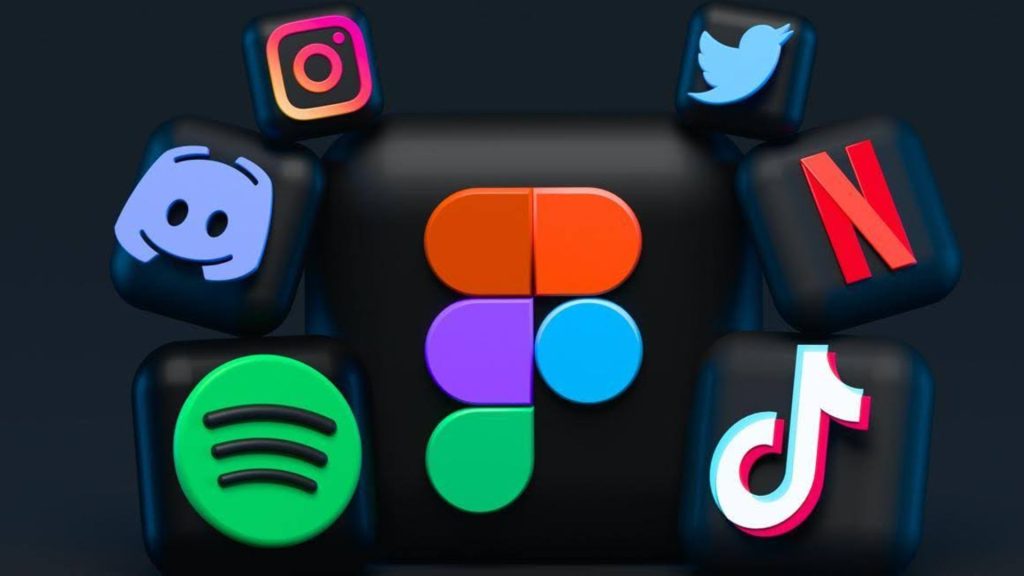
Choosing a social media platform for affiliate marketing can be challenging for beginner affiliates. You will want a channel that fits your marketing strategy like a glove. The following factors should be handy.
Target audience size and demographics
Social media programs have millions of users worldwide. Unfortunately, not all users make excellent target audiences.
For example, suppose your target audience is people aged 50 and above. You might think TikTok is ideal because it’s perfect for trending niches. Unfortunately, its usage among these groups is only 7.1%. A more suitable platform would be Facebook, where two in three adults older than 55 are active daily.
So, consider your target audience and examine the social media. Their numbers must be sufficient to mount an effective campaign. Otherwise, you might want to pick a different media platform.
Affiliate marketing suitability
We recommend checking the platform’s affiliate guidelines before inking an affiliate agreement. Although most social media programs have liberal affiliate policies, they have some rules affiliates must follow.
For example, some platforms don’t allow embedding promotional or product links in posts. Others might require a different account type to promote affiliate products. A few might have specific conditions for embedding links on posts (i.e., you can only link at the post’s bottom).
Please read the social media guidelines and assess whether they are affiliate marketing-friendly or suitable for your campaigns.
Content types supported
Most social media programs allow text, images, and videos in varying formats as content. These platforms also have rules governing these creatives.
For example, the social media channel might limit video length on a content format (i.e., Facebook Reels only last 90 seconds, while Facebook videos can extend to 240 minutes).
It’s a similar story for images. The ideal Pinterest pin is 1000×1500 pixels, while Instagram finds 1080×1350 pixels more suitable for portrait images.
So, check your affiliate products and see if you can promote them using the platform’s content guidelines.
Organic reach
If you haven’t noticed, Google includes images and videos in its organic search results.
For example, this SERP for “affiliate marketing” features three images from Investopedia.
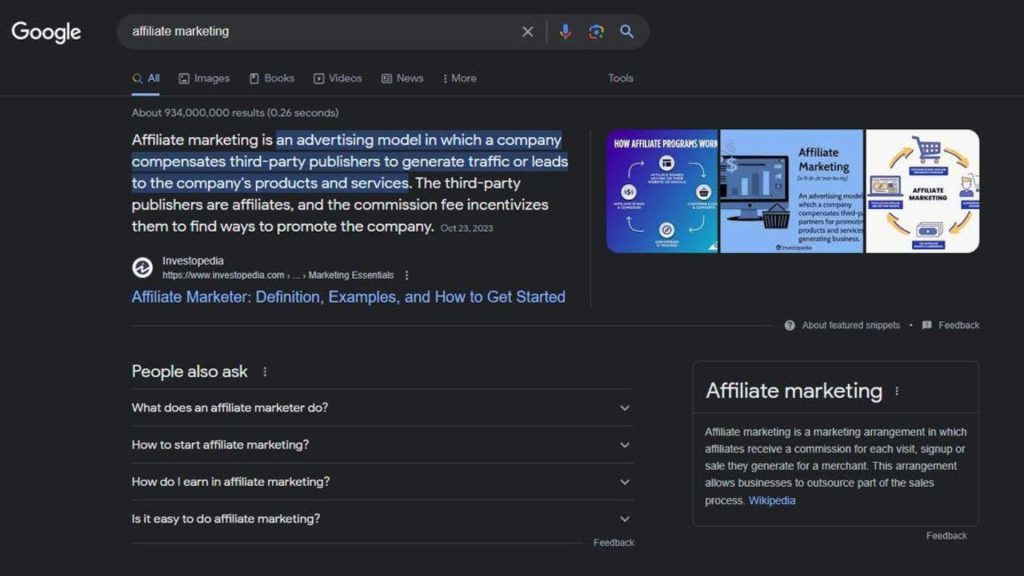
Hence, you will want a social media platform that performs well on organic searches. Examples are Facebook, YouTube, LinkedIn, and Instagram. You will never fret about paying for advertisements to generate traffic and ensure sales.
What is the Best Social Platform to Start Affiliate Marketing?
Picking the right social media program for affiliate marketing is easy if you consider the above criteria. If you ask us, we recommend YouTube, Facebook, and LinkedIn for the following affiliates.
Beginners
Creating a Facebook Page is a breeze. Joining an FB Group or creating your own is also easy. Hence, Facebook is one of the best platforms for beginner affiliates.
But that’s not all!
You can diversify your content. Unlike YouTube, requiring high-quality videos, affiliate marketing on Facebook can start with images and simple texts.
Although Facebook has a maximum character count, posts can contain up to 63,206 characters (8,000 for comments). You can also upload up to 10GB of 240-minute videos and 30MB images.
Targeting a specific audience and tracking post performance are easy. Its organic reach is impressive, provided you create SEO-friendly posts.
Lastly, Facebook understands affiliates’ need to earn money. You can enjoy a fat check as long as you stay within the platform’s boundaries.
Advanced
YouTube is perfect for advanced affiliates. Creating an account is easy, and its reach is impressive. More importantly, affiliates will have no issues promoting products, embedding links, and offering invaluable experiences to YouTube viewers.
This platform should also be good for beginners. Unfortunately, creating high-quality videos requires technical know-how, an eye for visual creativity, and a budget for video editing software.
Although some technologies are free, beginner affiliates might not get the best results. On the other hand, advanced affiliates already have an income stream to create a budget for high-quality video production tools.
Moreover, YouTube is a highly competitive platform. Users upload an hour’s worth of videos every second to YouTube. That’s how competitive this channel is. Unsurprisingly, many affiliates have a video production team handling content creation and publication.
Professional
Nothing beats LinkedIn when it comes to a professional online community. This platform is the home of decision-makers, experts, business owners, and other successful individuals.
Although LinkedIn’s interface isn’t as attractive as other platforms, its ability to drive traffic and produce sales from a well-defined target audience is something no affiliate should miss.
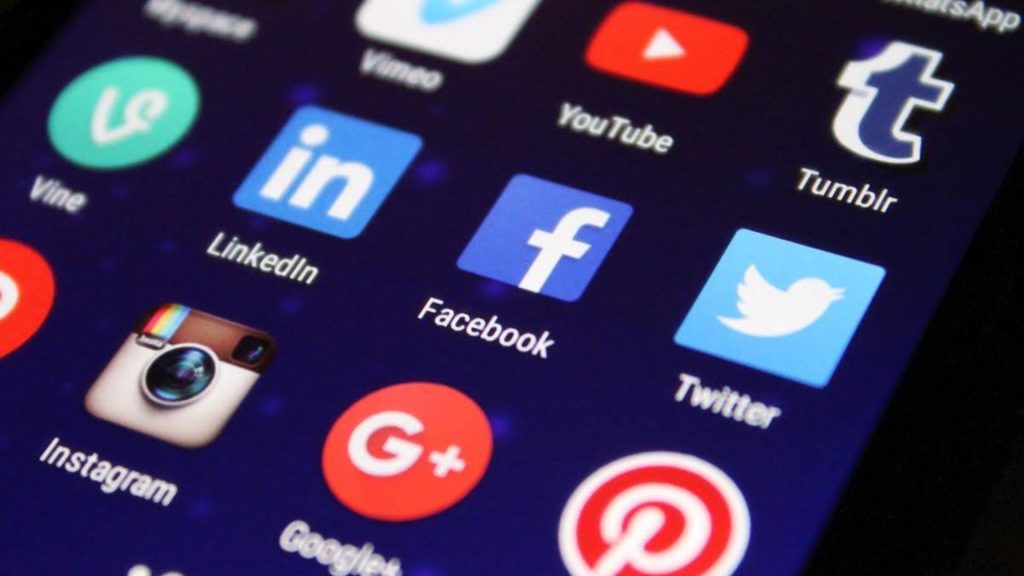
Conclusion
Leveraging a social media channel’s reach is one of the most effective strategies to ensure affiliate success. Although these platforms have zero barriers to entry, they demand adherence to rules.
We must reiterate the importance of following a platform’s community guidelines to avoid undermining your affiliate campaigns. Engaging followers is essential because you want to build and strengthen credibility. It should make promoting and recommending products easier.
You can start with the seven social media platforms we featured. That should get your affiliate journey off to an excellent start.



